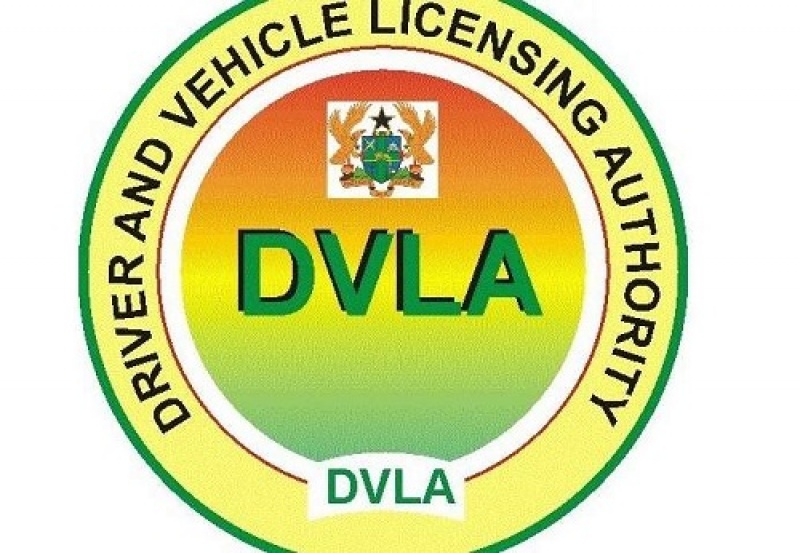
The Driver and Vehicle Licencing Authority has been mandated to collect the levy imposed under the Luxury Vehicle Levy Act 2018, a memorandum accompanying the bill has revealed.
The memo further states that the levy collected shall be paid into a bank account opened for that purpose by the Board [governing body of DVLA], with approval of the Controller and Accountant-General.
An estimated revenue of GHS300m is expected to accrue to government in five months [August to December 2018] from the levy.
According to the memo, government seeks to introduce a levy on vehicles with engine capacities of three litres or more.
Vehicles with engine capacity (CC) of 3000-3,500 are required to pay GHS1,000, while those with 3,501-4,000 will pay GHS1,500 and 4,000 will be levied GHS2,000.
The levy is to be paid on registration of the vehicles, and subsequently on the annual renewal of roadworthy certificates for the vehicles.
“The estimated revenue is three hundred million cedis for the period August to December 2018,” the memo indicated.
The tax, which forms part of the new policy measures introduced in the mid-year budget review, is to help bridge the gap in revenue for the first half of the year [2018].
However, the Ranking Member for the Finance Committee, Cassiel Ato Forson, wants government to exclude 3.0 litre capacity luxury vehicles that are not serviceable.
“If, for instance, I have a car with engine capacity of 3.0 litres and above and for some strange reasons that vehicle doesn’t work or is unserviceable, I am still obliged by the Act to pay this tax,” he argued.
Source : thebftonline.com

































